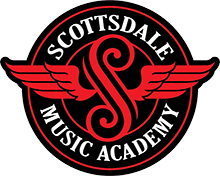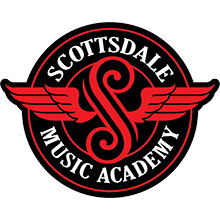Guitar pedals have proven to be an absolutely essential part of any guitarist’s arsenal of gear. They allow you to expand on the effects that are programmed into your amp and to experiment with a large variety of different sounds and effects. While there are lots of guitar pedals out there, getting started with a few of the most prominently used pedals can be a good place to start. Here is a breakdown of some of the most popular types of guitar pedals.
OVERDRIVE PEDALS:
One of the most popular kinds of pedals, overdrive pedals, give you the ability to add a little bit of boost to your sound and volume. Although overdrive pedals are more subtle than that of the effects of distortion pedals, they will still give you the warmer tones and more of a shaped sound.
REVERB PEDALS:
The reverb effect on electric guitars was one of the first to be used when effects were being introduced and can be found in a lot of the preset settings in modern and vintage amplifiers. Reverb Pedals are one of the best ways to add more layers to a guitarist’s sound. If you are looking for a way to make your tone feel more “complete”, then reverb pedals may be a great choice for you. Looking at the differences between analog and digital reverb pedals will help you find a reverb pedal you love.
VOLUME PEDALS:
Volume pedals are one of the most basic pedals that can be found on a guitarist’s pedalboard. In basic terms volume pedals allow the musician to control the volume of their guitar and the effects on their pedalboard very quickly. They can also be used to swell or decrease the effects in your signal chain.
EQ PEDALS:
Last but not least, we have EQ pedals. EQ pedals are one of the easiest and most convenient ways to change the tone of your guitar. They offer the guitarist the chance to cut or boost the frequencies that are already present in your guitar tone, whether that is the highs, lows or mids. These are just a few of the most popular guitar pedals out there. Part of being a guitar player is finding the pedals that do what you need them to and translating that into finding your perfect sound.

